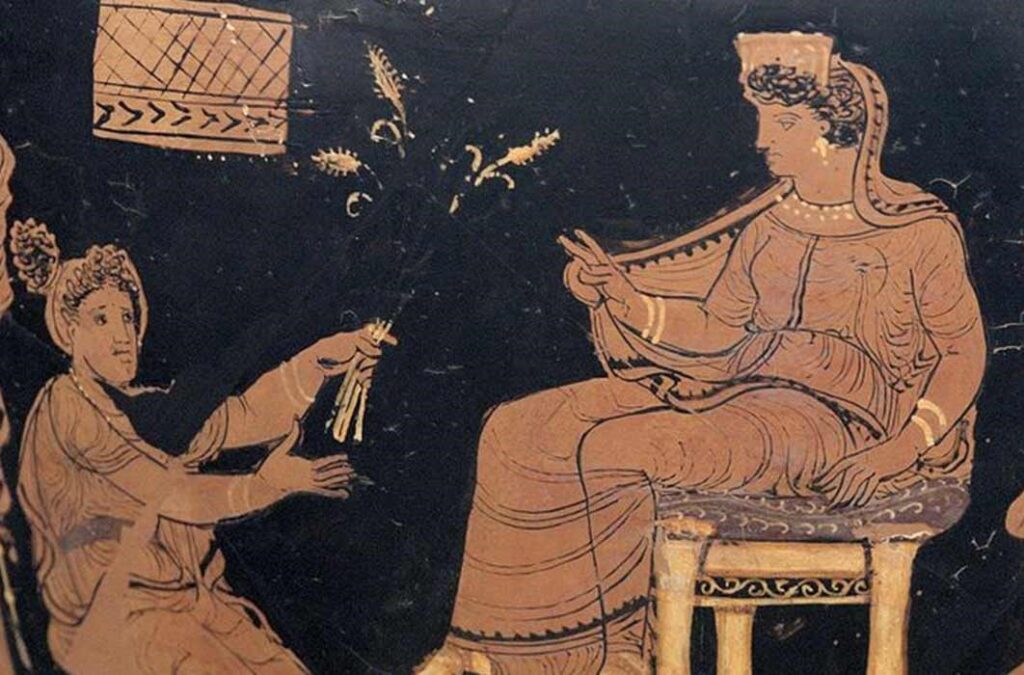The Bible’s Bedeviling Bad Girls: Delilah, Jezebel And Salome
It should come as no surprise to most that the biblical writers were unfair to the gentler sex. After all, ever since Eve bit into […]
The Bible’s Bedeviling Bad Girls: Delilah, Jezebel And Salome Read More »










